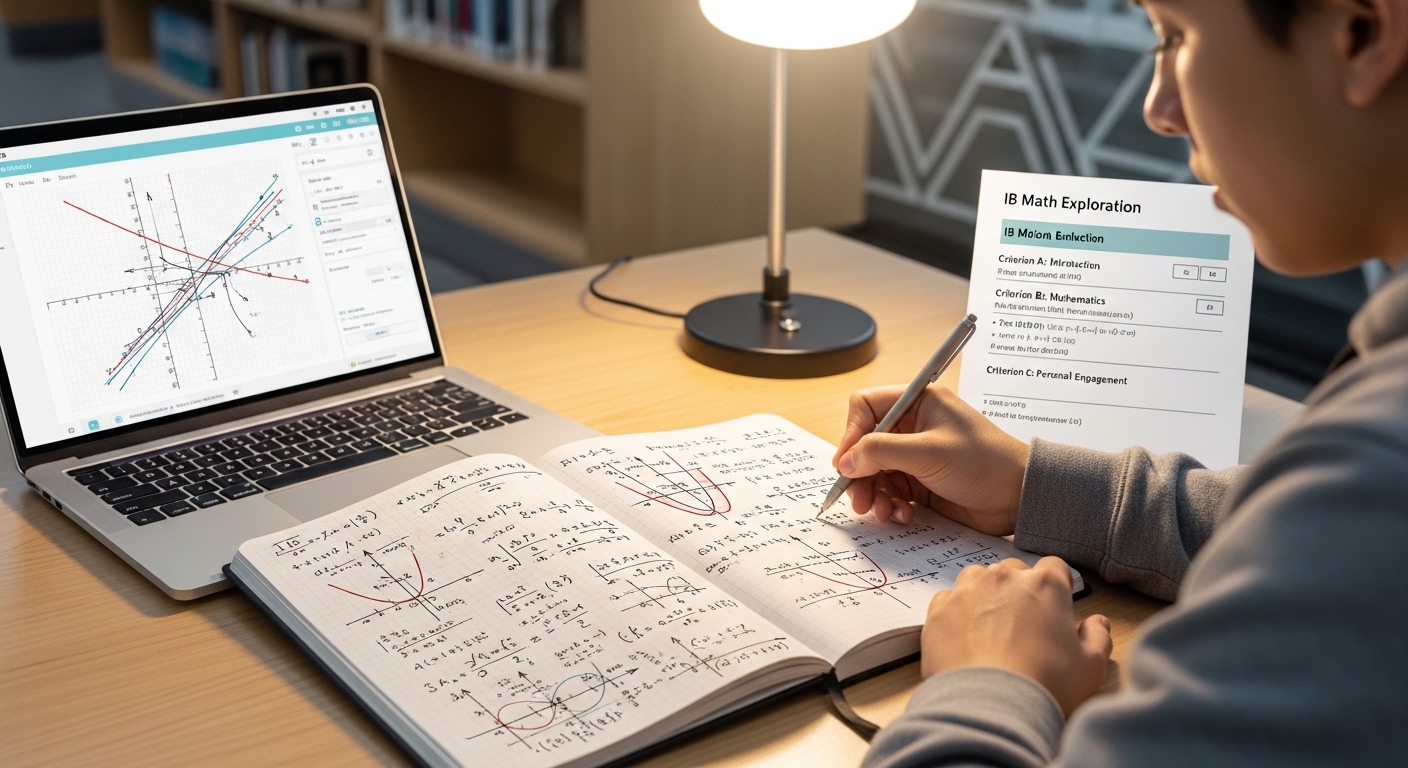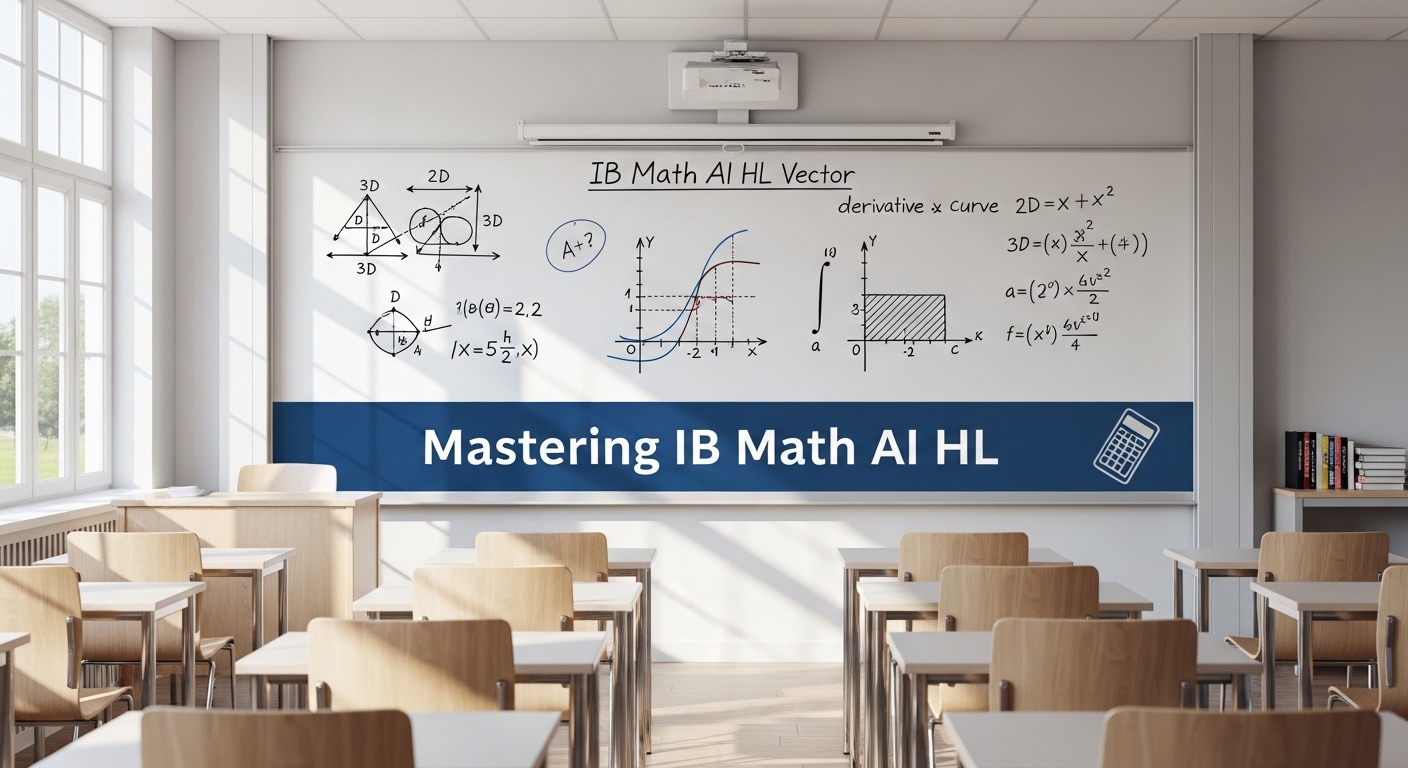Introduction
If you’ve ever wondered, “What is Functional Skills Level 2 equivalent to?” — you’re not alone. Many students, job seekers, and adult learners explore this qualification as an alternative to traditional GCSEs.
Functional Skills Level 2 qualifications are designed to provide practical skills in English, Maths, and ICT that can be directly applied in real-world situations. They’re widely accepted by employers, universities, and apprenticeship programs across the UK.
In this article, we’ll break down exactly what Functional Skills Level 2 is equivalent to, how it compares to GCSEs, and why it’s an increasingly valuable qualification for both education and career advancement.
Table of Contents
Understanding Functional Skills Level 2
Functional Skills Level 2 qualifications focus on teaching practical, everyday skills in Maths, English, and ICT. Unlike traditional academic qualifications, these are built to test how well learners can apply their knowledge to solve problems in real-life contexts — such as at work or in daily tasks.
They’re accredited by recognized exam boards including City and Guilds, Pearson Edexcel, and Open Awards, and are part of the UK’s Regulated Qualifications Framework (RQF).
Key features include:
- Designed for learners aged 16 and above
- Focus on practical application, not just theory
- Available online or in person
- Can be completed in weeks rather than years
Functional Skills Level 2 Equivalent Qualification
In terms of academic level, Functional Skills Level 2 is equivalent to a GCSE Grade 4 or Grade C (a pass).
Here’s how it compares:
| Qualification | Equivalent Level | Grade Comparison |
|---|---|---|
| GCSE | Grade 4 or C | Standard Pass |
| Functional Skills Level 2 | Level 2 | Equivalent to GCSE Pass |
| NVQ | Level 2 | Same level of difficulty |
| BTEC First Diploma | Level 2 | Equivalent in level |
This means that holding a Functional Skills Level 2 in Maths or English is just as valid as having a GCSE pass in those subjects for most employers, universities, and apprenticeships.

Why Functional Skills Level 2 Matters
1. For Employment
Many employers require a minimum of a GCSE pass in English and Maths. A Functional Skills Level 2 qualification fulfills this requirement, proving your ability to communicate clearly and handle numerical information effectively in professional environments.
2. For Further Education
Colleges and universities often accept Functional Skills Level 2 as a GCSE equivalent for entry into Level 3 courses, apprenticeships, or even degree programs.
For instance, many nursing and teaching pathways now recognize this qualification as proof of literacy and numeracy.
3. For Apprenticeships
Functional Skills Level 2 is a core requirement for many apprenticeship programs. If you haven’t achieved a GCSE pass, completing this qualification ensures you meet the criteria to start or complete your apprenticeship.
Differences Between GCSEs and Functional Skills Level 2
While Functional Skills Level 2 and GCSEs are equivalent in level, their purpose and assessment methods differ.
| Aspect | Functional Skills Level 2 | GCSE |
|---|---|---|
| Focus | Practical, work-related skills | Academic knowledge |
| Assessment | Shorter, applied tasks | Longer written exams |
| Duration | Typically 4–6 weeks | Usually 2 years |
| Flexibility | Can be taken anytime | Fixed exam seasons |
| Learning Style | Real-world problem solving | Theoretical and structured |
If you prefer a hands-on learning approach, Functional Skills qualifications can be a faster, more relevant route to achieving your goals.
Subjects Available at Functional Skills Level 2
Learners can choose from three main subjects:
- English – Tests reading, writing, and communication skills.
- Maths – Focuses on numeracy, data handling, and problem-solving.
- ICT (Information and Communication Technology) – Covers practical computer skills needed in modern workplaces.
Who Can Take Functional Skills Level 2?
Anyone aged 16 or over can enroll in a Functional Skills Level 2 course. It’s ideal for:
- Adults without GCSE passes
- Apprentices who need qualifications for progression
- Professionals seeking to improve job prospects
- Learners re-entering education after a break
You can take the course through local colleges, adult learning centers, or online training providers like LearnDirect and The Skills Network.
(External links suggestion:)
- Ofqual Functional Skills Information
- LearnDirect Functional Skills Courses
Benefits of Earning a Functional Skills Level 2 Qualification
- Widely recognized by employers and universities
- Short completion time compared to GCSEs
- Flexible assessments — online, in-person, or at home
- Boosts confidence for future learning and job interviews
- Builds essential everyday skills for personal and professional life
Frequently Asked Questions
Is Functional Skills Level 2 easier than GCSE?
Generally, yes — it focuses on practical applications rather than complex theory, making it more approachable for adult learners.
Do universities accept Functional Skills Level 2?
Many do, especially for foundation or vocational degree programs, but always check with your chosen institution.
Can I use Functional Skills Level 2 to get into college?
Yes, it’s accepted for most college-level and apprenticeship courses requiring a GCSE equivalent.
How long does it take to complete Functional Skills Level 2?
Most learners finish within 4–12 weeks, depending on their study schedule.
Can I study Functional Skills Level 2 online?
Yes, several accredited providers offer fully online courses with remote exams.
Conclusion
Functional Skills Level 2 is a powerful alternative to traditional GCSEs, offering flexibility, practicality, and nationwide recognition. Whether you’re aiming to advance your career, enter higher education, or start an apprenticeship, this qualification provides a direct pathway to success.
It’s not just a replacement for GCSEs — it’s a modern, skills-focused qualification that reflects how learning and work intersect in today’s world. Conatct Us for more guidance.






